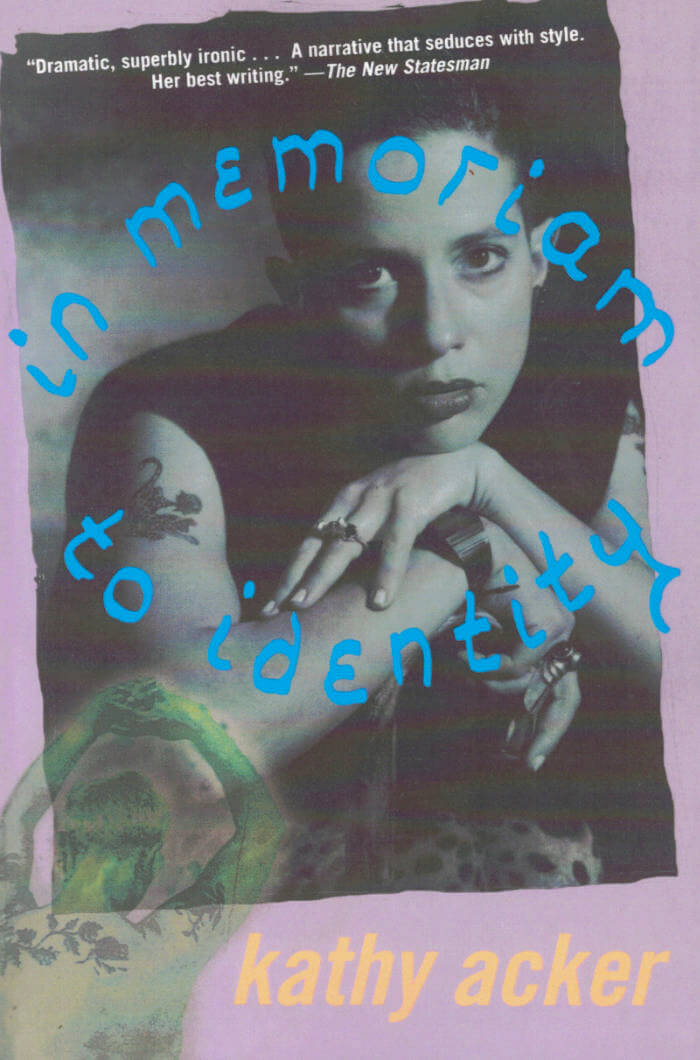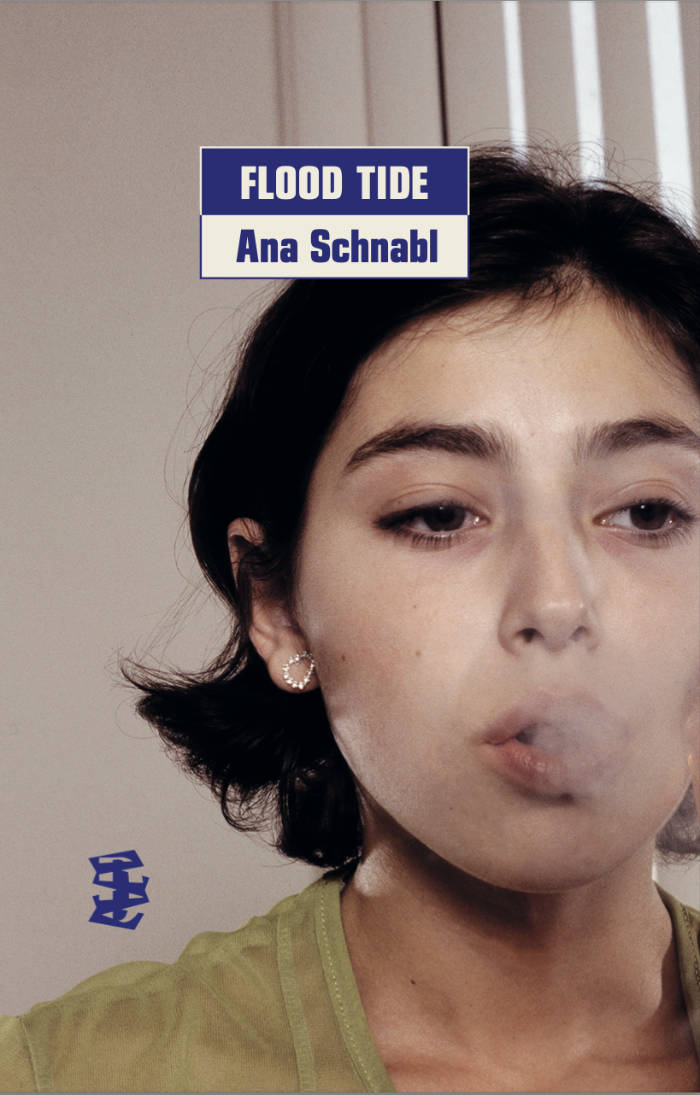
My Mother: Demonology
Based loosely on the relationship between Colette Peignot and Georges Bataille, My Mother: Demonology is the powerful story of a woman's struggle with the contradictory impulses for love and solitude. At the dawn of her adult life, Laure becomes involved in a passionate and all-consuming love affair with her companion, B. But this ultimately leaves her dissatisfied, as she acknowledges her need to establish an identity independent of her relationship with him. Yearning to better understand herself, Laure embarks on a journey of self-discovery, an odyssey that takes her into the territory of her past, into memories and fantasies of childhood, into wildness and witchcraft, into a world where the power of dreams can transcend the legacies of the past and confront the dilemmas of the present. With a poet's attention to the power of language and a keen sense of the dislocation that can occur when the narrative encompasses violence and pornography, as well as the traumas of childhood memory, Kathy Acker here takes another major step toward establishing her vision of a new literary aesthetic.







